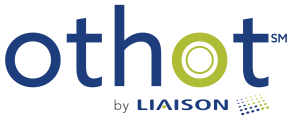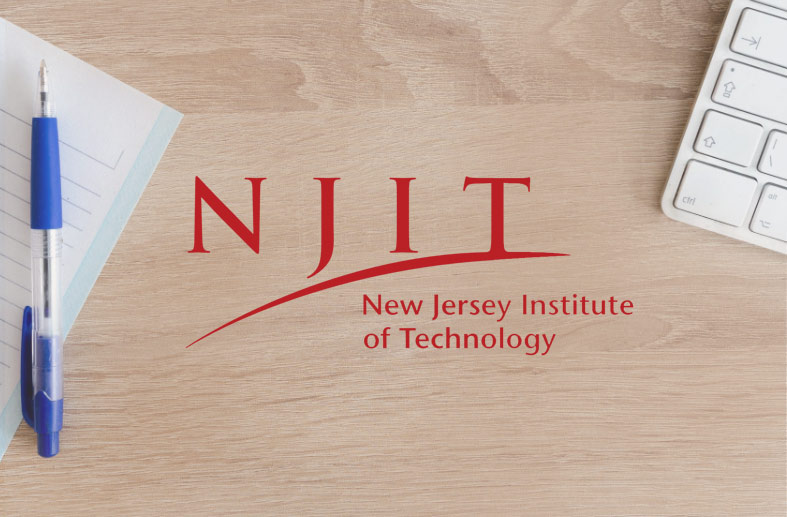Game Changer Series: New Jersey Institute of Technology Attracts New Jersey’s Best and Brightest Using Analytics
Dave Babst
Total Enrollment: over 11,400
Founded 1888
Public, research institution
CRM: Slate
New Jersey Institute of Technology (NJIT) is a public research university located in Newark, N.J. With enrollment of more than 11,400 students, the institution offers 125 undergraduate and graduate programs across six specialized schools, including one of the oldest engineering schools in New Jersey. In 2018, Forbes ranked NJIT #1 in the nation for student upward mobility among colleges with the highest percentage of students from the bottom fifth income distribution who end up in the top fifth.
According to its strategic plan, NJIT is seeking to expand its undergraduate class while increasing its freshman profile and improving its overall national ranking. The school had used some predictive modeling for enrollment, but the modeling was very limited in scope.
“Our home-grown models only allow us to control for a very limited number of variables. For example, our EO analysis only analyzes one year of enrollment data, and we don’t have the capacity to update our models on a daily basis,” says Dr. Wendy Lin-Cook, Associate provost, enrollment management and academic services. NJIT administrators knew they needed to find a more robust solution that would support enrollment goals.
Why Othot’s Predictive and Prescriptive Analytics Platform
“When we started looking at different predictive modeling companies, what I liked about Othot was the ability for the software to adapt to the most updated information,” says Dr. Lin-Cook. “Other predictive modeling products out there only run the model at the beginning of the recruitment cycle and then it’s stagnant, so it doesn’t allow us to be reflective of what’s happening throughout the recruitment cycle. Othot’s model allows NJIT to continue to monitor the freshman class using the live data, which is very powerful and very different from other products out there.”
NJIT also liked Othot’s platform because it is easy to use and flexible. “One of the advantages of the Othot platform is that it lets me play with the numbers and find patterns. I can answer questions like, “How’s my yield?” “How are we doing compared to last year?,” says Dr. Lin-Cook. “However, the platform is also useful for people who are not into data. The dashboard highlights patterns that you should be looking for.”
The Outcomes
NJIT and Othot started working together in February 2018, and by April, the models were delivering actionable insights. Dr. Lin-Cook and her cross-departmental team were making strategic, timely decisions and adjustments based on the data that helped them to increase their class size, up until the last possible moment, in May.
The results were significant. In fall 2018, NJIT had:
- an increase of 173 new freshmen,
- a gain in SAT scores of 2 points, and
- a major increase in net revenue.
However, even more significant than these results: Scholarship spending remained flat during the appeals process.
Every year, NJIT sets aside a total institutional aid budget for first-time freshmen students. The challenge had always been to determine the optimal amount to offer any given student. With Othot’s sensitivity analysis, Dr. Lin-Cook and her team were able to drill down to the individual student level to determine a financial aid amount that would be mutually beneficial for both the student and the institution.
“We were able to utilize Othot’s sensitivity analysis to identify students where our base financial aid strategy wasn’t expected to be enough to influence their decision to attend NJIT,” says Dr. Lin-Cook. “We were able to track on a daily basis our scholarship spending, the size of the class we were enrolling, as well as the diversity of the class. Based on that we were better able to craft a class we wanted by redistributing some of the available funds. That really helped NJIT to be very efficient with our money and maximize our return on investment of our scholarship funds.”
What’s Next?
Dr. Lin-Cook says she and her team are happy with the results of NJIT’s partnership with Othot. They have started implementing new models and improvements for this year’s recruitment cycle. Some of those enhancements include refining and optimizing the merit scholarship matrices and investigating improvements in search buys.
“I have a lot of plans; I’m very excited to continue with Othot,” says Dr. Lin-Cook.
Dave Babst



